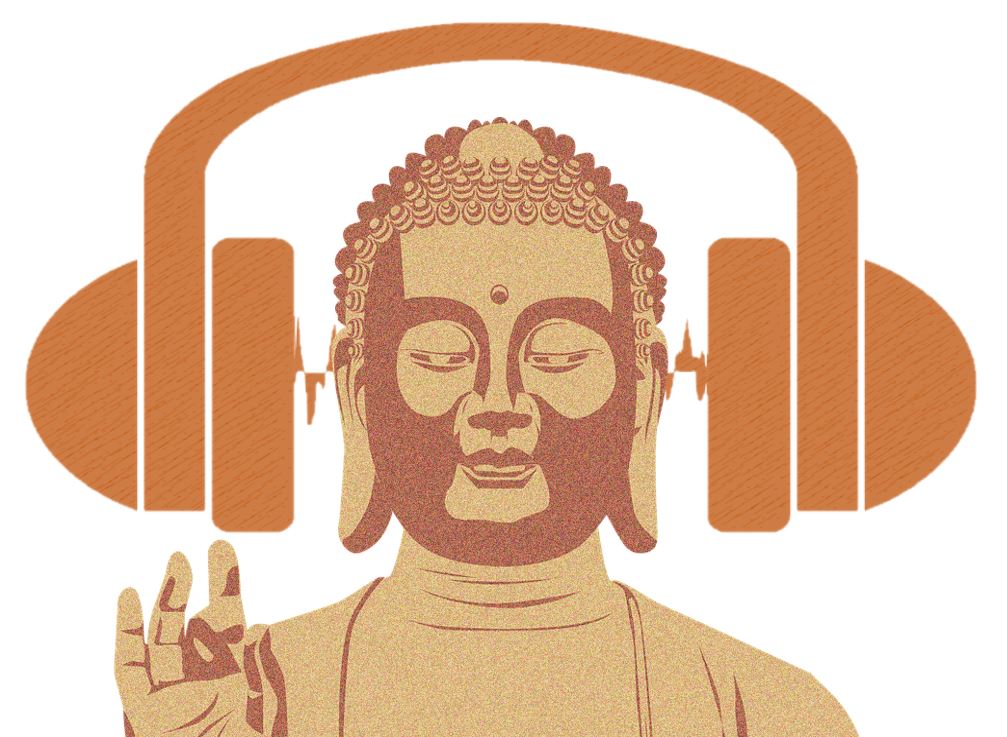
Momentum – the sense that the Dharma is taking hold and guiding us forward – is essential to our development as practitioners. It is key to experiencing confidence, satisfaction and genuine pleasure in meditation and life.
What are some of the factors that influence sustaining and cultivating Momentum? What are the factors the support expanding Momentum outside of our meditation practice and into our relationships and daily activities?
These questions will be the focus of the presentation and our discussion this evening.
